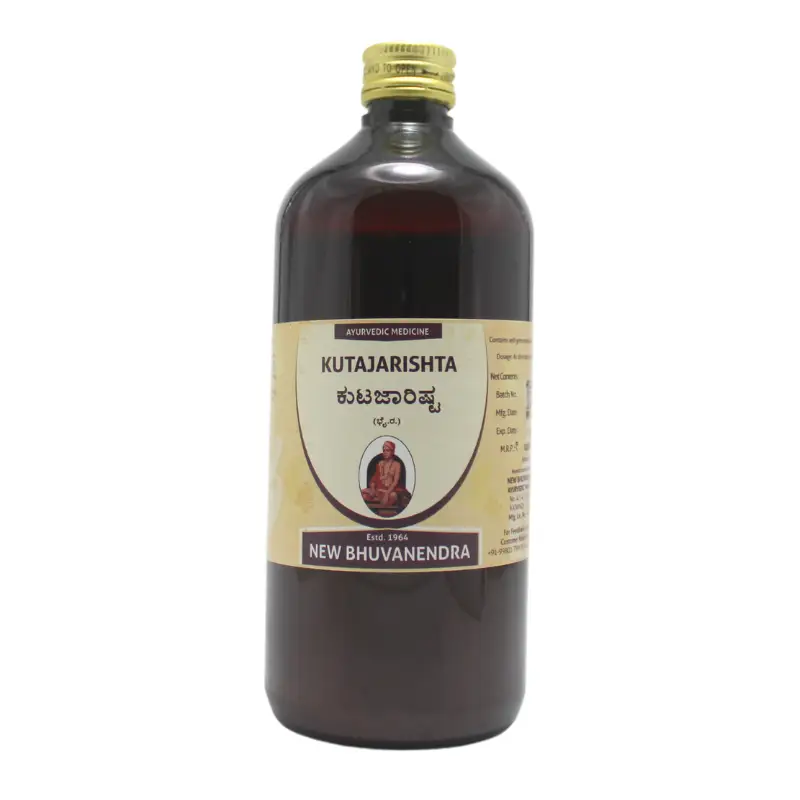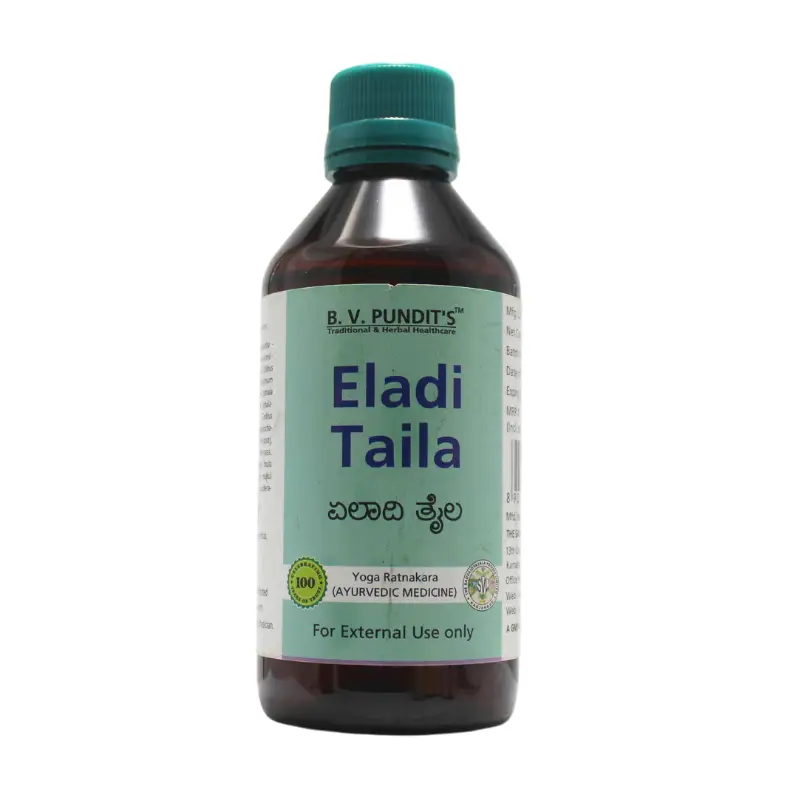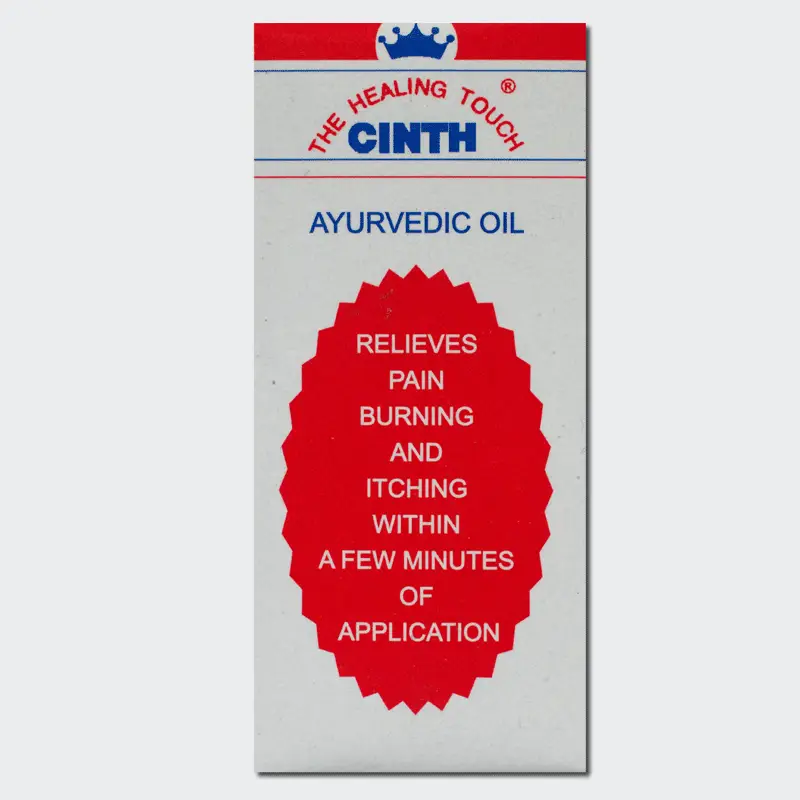Let’s see when your dose of wellness can reach you!

Enter your PIN code to check estimated delivery time for your Ayurvedic essentials.
Enter your PIN code to check estimated delivery time for your Ayurvedic essentials.
We've sent a 4 digit verification code to
+91
edit
For order and delivery updates



Most people will experience dry skin at some point in their lives, and it is usually nothing significant. Setting aside the fact whether it is a major health concern or not, it can make you feel quite uncomfortable and leave you feeling embarrassed. Dry skin can eventually lead to the formation of wrinkles and fine lines.
Ichthyosis is the serious dry skin condition that can have a significant impact on your look. The general reason of itchy, dry skin may be obvious: It's due to the lack of moisture. So where does the moisture barrier happen? Alternate usage of hot or cold water, prolonged exposure to hot water, and low humidity in the air are all common ichthyosis triggers.
For more information on the matter, book a tele-consultation with us. Click Here

Tools and strategies modern teams need to help their companies grow.
Knee pain can be more than just an inconvenience; it can interfere with daily activities, making even simple tasks like…
Struggling with knee pain that won’t go away? Whether it’s due to aging, arthritis, or an old injury, persistent knee…
Knee pain is a widespread concern, affecting people of all ages due to factors such as aging, arthritis, injuries, or…











Add Products worth Rs 999 more to get Free Shipping

Select Language



Ayurvedic doctors online
Consultation available for
Diabetic Care | Thyroid Care | Joint Care
allergy and Asthma | Stress Care
Weight Management and more
Consult Best Ayurvedic Doctor Online
|
|
 |
|
|
|
|
|
Consult Best Ayurvedic Doctor Online
|
|
 |
|
|
|
|
|
You can see how this popup was set up in our step-by-step guide: https://wppopupmaker.com/guides/auto-opening-announcement-popups/